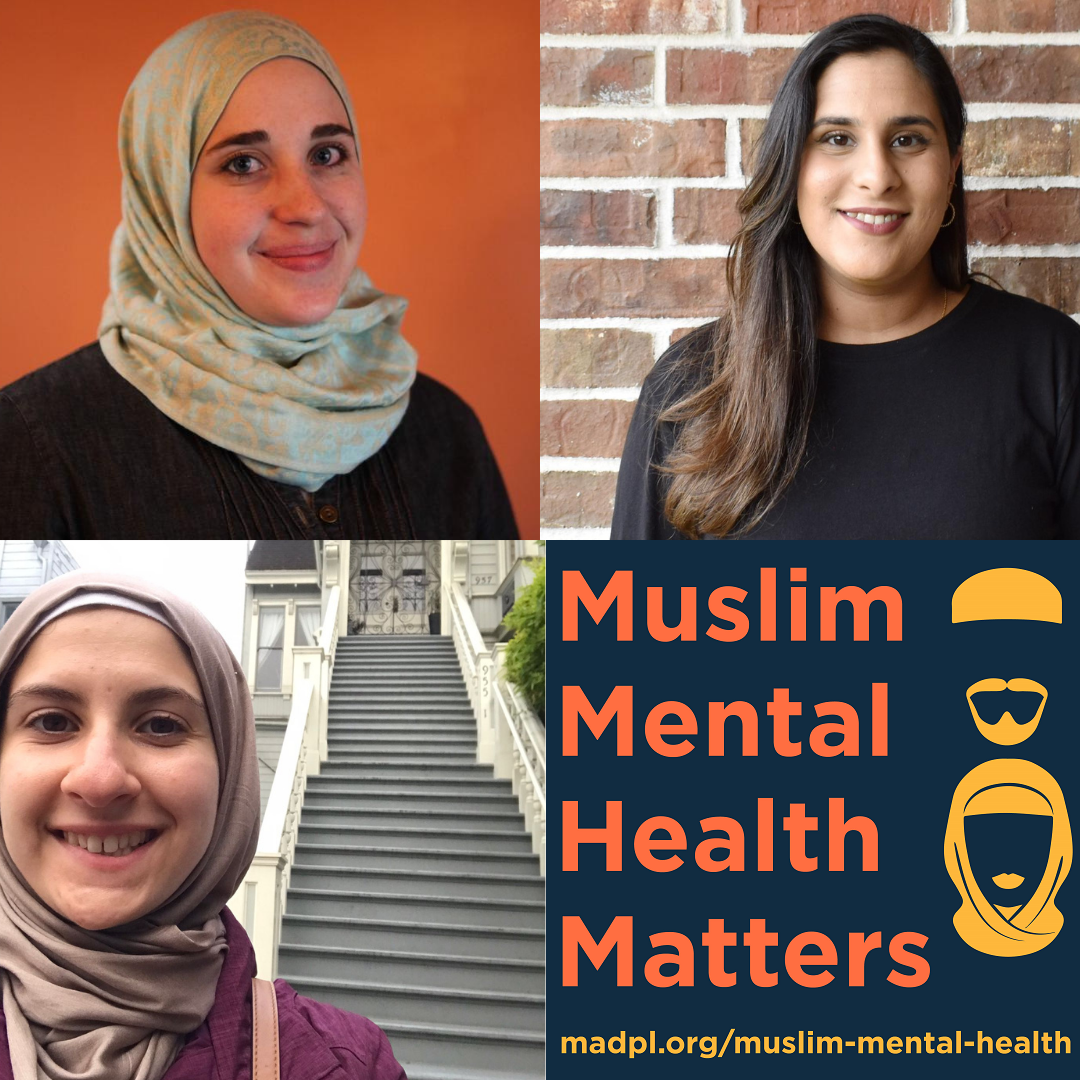Muslims in the United States are two times more likely to attempt suicide compared with other religious groups, according to a recent study published in JAMA Psychiatry. You can change this statistic.
"Mental health is talked about very seldomly within the Muslim community, and there is a need for cultural competency around American Muslim nuances for educators and mental health providers outside of the community. This event will provide a bridge between mental health basics and the nuances of American Muslim context," said the event planning team.
Muslim Mental Health Matters events were created by...
- Kelly Saran
- Maryam Ahmed
- Dania Shoukfeh
...with additional support by the Khalil Center and The Family & Youth Institute.
Muslim Wellness Day
Sunday, March 6, 1-4pm, Central Library
Muslim adults and families: learn about the signs of depression and how to support your loved ones who are struggling. Judgment from the community often prevents Muslim Americans from seeking mental health services. Come learn from a licensed Muslim mental health professional about resources and tools to get you the help you need. Activities include:
- Health and wellness activities for children and teens
- Recognize the signs of depression in children and teens
- Discussion session for teens with Khalil Center representatives
- Women's and men's wellness activities
Monday, March 7, 10:30am-1:00pm [virtual]
Therapists, counselors and other professionals: earn continuing education hours while learning about the unique needs and experiences of Muslim clients in order to better understand and serve them. Session led by a professional from The Family & Youth Institute in Detroit, MI. Register below to receive a link to the event.

